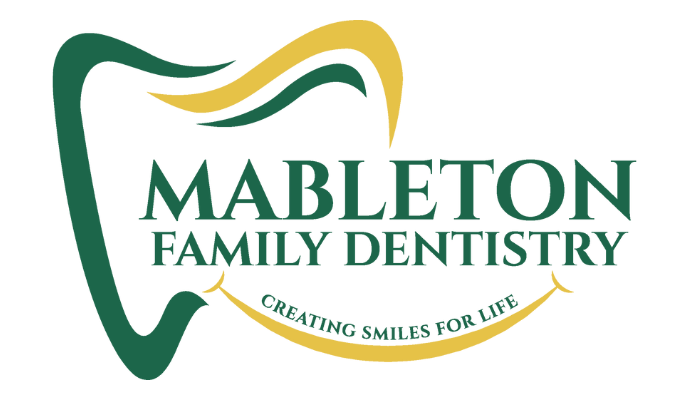The Process of Getting a Dental Crown
When a tooth becomes damaged due to decay, injury, or wear, a dental crown can be the perfect solution to restore its function and appearance. Dentists commonly use dental crowns to strengthen weakened teeth and enhance your smile, providing both cosmetic and restorative benefits. At Mableton Family Dentistry, we provide high-quality, comfortable care throughout the crown placement process. If you’re looking for the best dentist in Mableton, GA, here’s what you can expect when getting a dental crown with us.
What Is a Dental Crown?
A dental crown is a custom-made “cap” that covers the visible portion of a tooth. It restores the tooth’s shape, size, and strength while also enhancing its appearance.
Dentists craft crowns from materials like porcelain, ceramic, metal alloys, or a combination, depending on your unique needs and preferences.
Reasons You Might Need a Crown
Dentists use crowns for a variety of dental concerns, including:
-Restoring a broken or severely worn-down tooth
-Dentists use crowns to cover and support a tooth with a large filling when there isn’t enough natural tooth left
-Securing a dental bridge in place
-Covering misshaped or severely discolored teeth
-Completing a dental implant restoration
If you’re experiencing pain or visible damage to your tooth, the best dentist in Mableton, GA, can assess your situation and determine if a crown is right for you.
Step-by-Step: The Dental Crown Process
At Mableton Family Dentistry, we take pride in making your dental crown experience smooth and stress-free. Here’s a look at what the typical process involves:
1. Initial Evaluation and Preparation
Your crown journey begins with a comprehensive dental exam. We’ll take digital X-rays to assess the extent of damage and ensure the tooth and surrounding bone are healthy enough to support a crown.
If the tooth has extensive decay or if there’s a risk of infection, we may recommend a root canal treatment before placing the crown.
Once you’re ready for a crown, we prepare the tooth by reshaping it to create space for the crown. This involves removing a portion of the outer tooth structure so the crown can fit securely and naturally.
2. Impressions and Temporary Crown
After preparing the tooth, we take an impression of your mouth. This model helps us design a crown that fits your bite perfectly. At our office, we use modern digital scanning technology to ensure accuracy and comfort.
While the dental lab fabricates your permanent crown (a process that typically takes 1–2 weeks), we place a temporary crown to protect your tooth.
3. Permanent Crown Placement
Once your permanent crown is ready, you’ll return to our office for the final fitting. We’ll remove the temporary crown, clean the area, and test the new crown for fit, color, and bite alignment.
If everything looks and feels right, we’ll cement the crown in place using a strong dental adhesive. Our team ensures the crown aligns properly and is polished for a seamless, natural look.
Caring for Your New Crown
With proper care, a dental crown can last 10–15 years or more. To extend its lifespan:
-Brush and floss daily to keep the crown and surrounding gum tissue clean
-Avoid biting on hard objects like ice, pens, or hard candy
-Wear a nightguard if you grind your teeth
-Visit Mableton Family Dentistry regularly for cleanings and checkups
We’ll monitor your crown at every visit to ensure it remains secure and functional.
Why Choose Mableton Family Dentistry?
Choosing the right provider makes a big difference in your dental care experience. At Mableton Family Dentistry, we combine advanced technology, gentle techniques, and personalized care to deliver exceptional results. Our team brings extensive experience in restorative dentistry and is dedicated to helping each patient achieve a healthy, confident smile.
Whether you need a crown, a cleaning, or a complete smile makeover, you’ll find the best dentist in Mableton, GA, right here in our office.
Schedule Your Consultation Today
If you think you might need a dental crown or have questions about your oral health, don’t wait. Contact Mableton Family Dentistry today to schedule your appointment. We’re here to help you protect your teeth and enjoy a beautiful, lasting smile.










